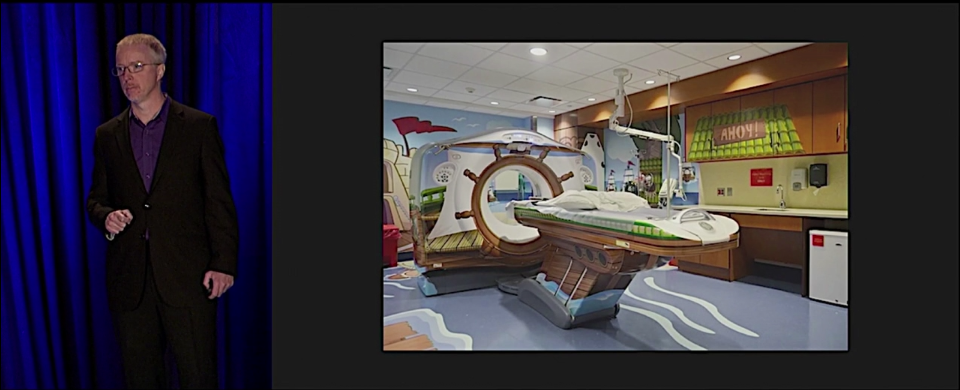Designing for Crisis, Design for Real Life

It’s easy to design for the idealized user, someone who’s smart, calm, and informed. It’s less easy, and thus more important, to design for a more realistic user: still smart, but harried and uncertain. The best designs handle both with care. But how many designs can help a user who is completely in the dark and barely capable of rational thought?
In this passionate presentation captured live at An Event Apart Austin, AEA cofounder Eric A. Meyer draws on his personal and professional experience to explore examples of crisis-mitigating design successes and failures. In the process, he illustrates ways that you can *and should* consider the needs of users teetering on the edge of panic. Helping them will make your designs more relevant and useful for *all* your users.
About the speaker
Eric Meyer has been working with the web since late 1993 and is an internationally recognized expert on the subjects of HTML, CSS, and web standards.
Author of Eric Meyer on CSS and More Eric Meyer on CSS (New Riders), Cascading Style Sheets: The Definitive Guide (O’Reilly & Associates), CSS2.0 Programmer’s Reference (Osborne/McGraw-Hill), and CSS Web Site Design (Peachpit) as well as numerous articles for the O’Reilly Network, Web Techniques, Web Review, and A List Apart, Eric also created the classic CSS Browser Compatibility Charts (a.k.a. “The Mastergrid”) and coordinated the authoring and creation of the W3C’s first official CSS Test Suite.
In 2006, Eric was inducted into the International Academy of Digital Arts and Sciences for “international recognition on the topics of HTML and CSS” and helping to “inform excellence and efficiency on the Web.”



